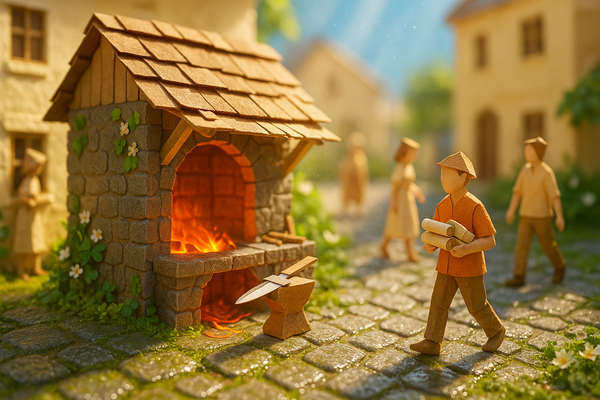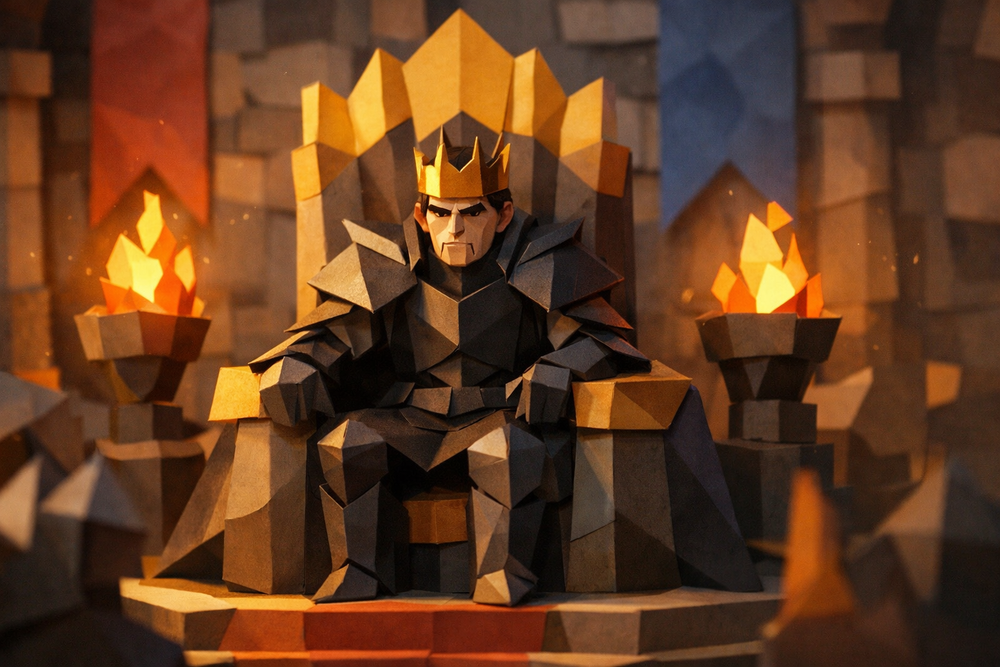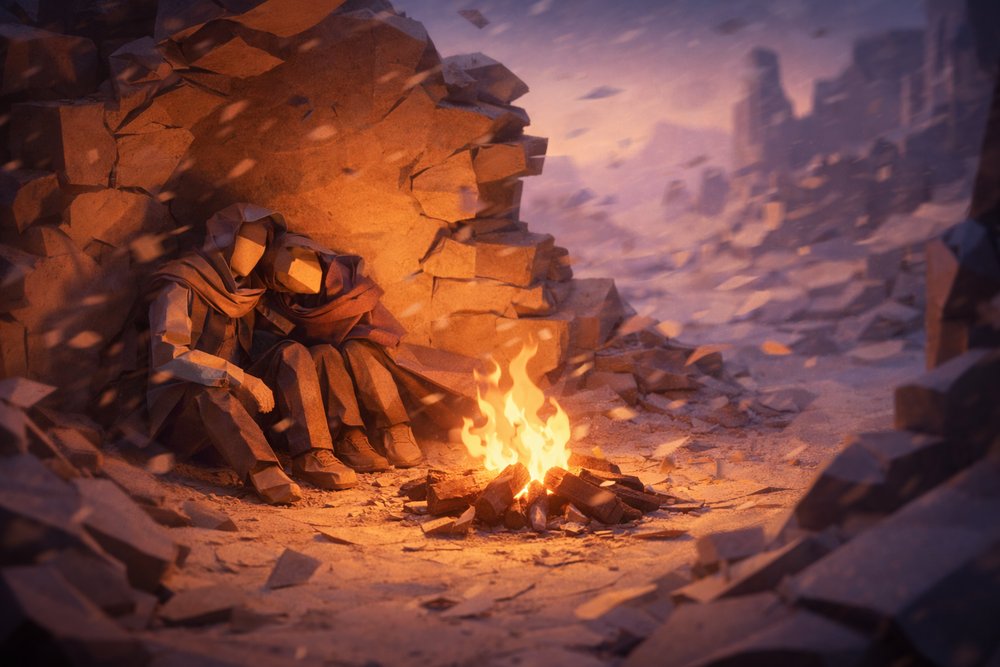Hello, wonderful readers!
Today, I’m excited to dive into the fascinating world of AI tools for storytelling. As a writer, the creative process can be both exhilarating and challenging. We often seek new ways to spark inspiration, overcome writer’s block, and refine our narratives. This is where AI tools come into play. Leveraging artificial intelligence can enhance various aspects of storytelling, making the journey from idea to finished story smoother and more innovative. Let's explore how AI is revolutionizing the art of storytelling.
Enhancing Creativity with AI
One of the most significant benefits of AI tools in storytelling is their ability to enhance creativity. AI can generate ideas, suggest plot twists, and even develop characters, providing a rich source of inspiration for writers. By analyzing vast amounts of data from existing stories, AI can identify patterns and trends, offering fresh and unique suggestions that might not have been considered otherwise.
For example, OpenAI’s GPT-3, a powerful language model, can generate coherent and contextually relevant text based on a given prompt. Writers can use GPT-3 to brainstorm ideas, write dialogue, or even create entire scenes. This tool can serve as a collaborative partner, sparking new ideas and directions for your story.

Streamlining the Writing Process
AI tools can also streamline the writing process, making it more efficient and enjoyable. Automated text generation, grammar and style suggestions, and content organization are just a few ways AI can assist writers.
Grammarly, for instance, is a well-known AI tool that helps writers with grammar, punctuation, and style suggestions. By analyzing your text, Grammarly offers real-time corrections and enhancements, ensuring your writing is clear, concise, and error-free. This allows writers to focus more on the creative aspects of storytelling rather than getting bogged down by technical details.
Another excellent example is Scrivener, a writing software that incorporates AI features to help writers organize their work. Scrivener allows you to break your manuscript into manageable sections, rearrange content effortlessly, and keep all your research and notes in one place. This organizational tool is invaluable for writers working on complex projects, helping them maintain a clear structure and flow.
AI-Driven Character Development
Character development is a critical component of storytelling. Creating multi-dimensional characters with distinct personalities, backgrounds, and motivations can be a daunting task. AI tools can assist in this area by generating detailed character profiles, suggesting traits, and even providing backstory ideas.
One such tool is Artbreeder, which uses AI to create and morph character portraits. Writers can experiment with different facial features, expressions, and styles to visualize their characters. This visual aid can be particularly helpful in ensuring characters are unique and memorable.
Additionally, tools like ChatGPT can simulate conversations with characters, allowing writers to explore their personalities and voices. By interacting with the AI as if it were the character, writers can gain deeper insights into their characters’ thoughts, feelings, and reactions, making them more authentic and relatable.
World-Building with AI
World-building is another area where AI tools can significantly enhance the storytelling process. Creating a rich, immersive world involves developing intricate details about the setting, culture, history, and more. AI can assist in generating these details, ensuring consistency and depth.
World Anvil is a popular world-building tool that leverages AI to help writers create detailed and coherent worlds. Writers can use World Anvil to map out their settings, create timelines, and develop lore. The tool also offers features for organizing and linking different aspects of the world, such as characters, locations, and events, making it easier to keep track of complex narratives.

Overcoming Writer’s Block
Writer’s block is a common challenge that every writer faces at some point. AI tools can help overcome this hurdle by providing prompts, generating text, and offering new perspectives. By breaking the creative deadlock, these tools enable writers to continue their work with renewed energy and inspiration.
AI Dungeon, for example, is an interactive storytelling game that uses AI to generate endless narrative possibilities. Writers can input their ideas and see how the AI expands on them, creating a dynamic and engaging experience. This tool can be a fun and effective way to overcome writer’s block, as it encourages spontaneous creativity and exploration.
Editing and Refining with AI
Editing is a crucial phase of the writing process, and AI tools can make it more efficient and effective. Beyond basic grammar and spell-checking, AI can analyze the overall structure, pacing, and coherence of a manuscript, providing valuable feedback for improvement.
ProWritingAid is an AI-powered editing tool that offers in-depth analysis of your writing. It highlights issues such as passive voice, repetitive phrases, and readability, providing suggestions for enhancing the overall quality of your text. By using such tools, writers can ensure their work is polished and ready for publication.
The Future of AI in Storytelling
As AI technology continues to evolve, its potential applications in storytelling are vast and exciting. From virtual reality experiences to interactive narratives, AI is poised to transform how stories are created and consumed. Writers can look forward to new tools that offer even greater levels of support, creativity, and innovation.
In conclusion, AI tools offer a wealth of possibilities for enhancing the storytelling process. By leveraging these technologies, writers can overcome challenges, spark new ideas, and refine their work with greater ease and efficiency. The collaboration between human creativity and AI innovation holds the promise of a bright future for storytelling.






